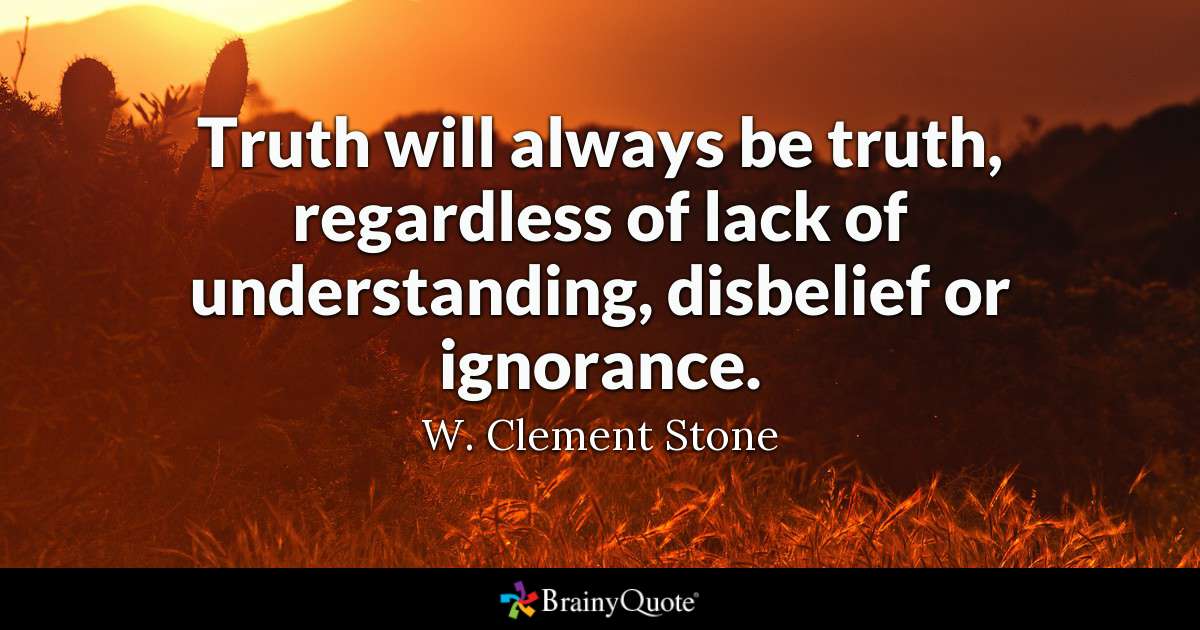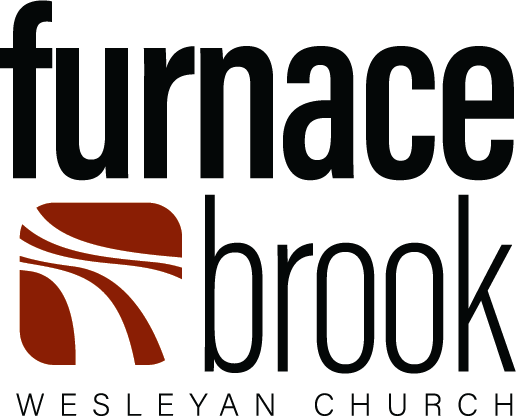 “All truth is God’s truth.” As a freshman at a Christian college I was being asked to read a book by an atheist, and I was suspicious. The professor refused to apologize that the assigned text was from a nonbeliever, insisting that God’s grace extended even to the New York Times best sellers list. It’s a simple and fairly obvious idea: not everything is true, but everything that is true is true regardless of who said it. It’s not hard to grasp, but it can be hard to accept. How Can Christians Know Truth in Today’s World? Every day, it seems, we read about some campus dust-up over the removal of another book from the curriculum. Works of literature get tossed in the memory hole because the author, it turns out, held beliefs which, however conventional at the time, are now considered politically incorrect. And whether you cheer that as a principled stand or condemn it as another step down the slippery slope to George Orwell’s “1984” depends on where you line up in the culture wars. But it’s a universal impulse. We all have a tendency to quarantine the things we fear might carry their author’s infection. But should we? If it’s true that all truth is God’s truth do we need to fear that good and true things may carry some hidden contamination? A former pastor of a midwestern megachurch has been in the news lately because of new, sensational accusations. He had already been fired from the church he started because of financial improprieties and a leadership style that has been described as “bullying.” But add to the long list of accusations about him the new bombshell coming from two different people that he tried finding a hitman to kill someone who he felt posed a threat to his ministry. Judging by the people I know to still be among the living, this is not a widespread practice among pastors, most of whom remain stubbornly committed to the more biblical if less gratifying approach of “killing them with kindness.” It’s not surprising at all that this pastor lost his pulpit. It makes complete sense that he has been disinvited from speaking engagements and that his calendar has freed up. But what’s interesting is that bookstores have stopped carrying the books he has written, and publishers have stopped publishing them. And it’s not because there is no longer a market for these books or because anything he wrote is untrue. People are still buying them and reading them and, presumably, benefitting from them. I have one of those books on my shelf. I read it several years ago and it made a real impact on me at a critical point in my ministry. It breathed fresh air into my preaching and my commitment to the church. It still informs my thinking. How to Sift for Truth Biblically in a Fallen World I’m having a tough time reconciling the author of that book with the man who asked his bodyguard to “take care of” a problem for him. And I’m wondering if a book that no longer has a place on the shelves of Christian retailers should have a place on the shelf of my study. Regarding how to sift through books (as well as movies, music, television, celebrities, memes, etc.) these are some of the conclusions I’ve come to:
Now there have been entire books written on this topic and by better authors than this one. And, as the Teacher says in Ecclesiastes, “of the writing of many books there is no end.” So a blogpost like this one may be of limited value. But it’s my hope that Christians in an intolerant culture and an incurious age would be set apart by their confident discernment and Holy Spirit led appropriation of all the truth they can get their minds on while carefully spitting out all the nasty stuff before it gets swallowed. “Finally, brothers and sisters, whatever is true, whatever is noble, whatever is right, whatever is pure, whatever is lovely, whatever is admirable—if anything is excellent or praiseworthy—think about such things.” Philippians 4:8. Written by: Joel Tate
0 Comments
Leave a Reply. |
Furnace Brook Wesleyan Church Blog
|


 RSS Feed
RSS Feed